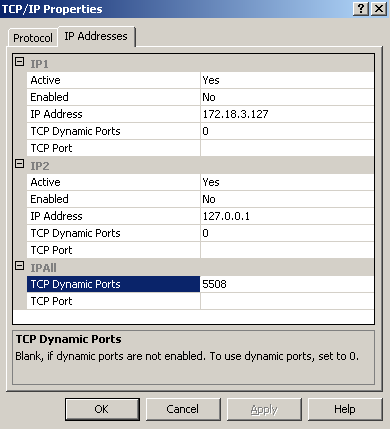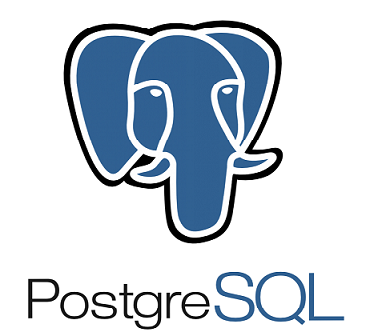

In addition to the socket file itself, which is named. This parameter can only be set at server start. On Windows, the default is empty, which means no Unix-domain socket is created by default. The default value is normally /tmp, but that can be changed at build time. An empty value specifies not listening on any Unix-domain sockets, in which case only TCP/IP sockets can be used to connect to the server. Whitespace between entries is ignored surround a directory name with double quotes if you need to include whitespace or commas in the name. Multiple sockets can be created by listing multiple directories separated by commas. Specifies the directory of the Unix-domain socket(s) on which the server is to listen for connections from client applications. The value must be less than max_connections. Whenever the number of active concurrent connections is at least max_connections minus superuser_reserved_connections, new connections will be accepted only for superusers, and no new replication connections will be accepted. At most max_connections connections can ever be active simultaneously. superuser_reserved_connections ( integer)ĭetermines the number of connection “ slots” that are reserved for connections by PostgreSQL superusers. Otherwise, queries will not be allowed in the standby server. When running a standby server, you must set this parameter to the same or higher value than on the master server. The default is typically 100 connections, but might be less if your kernel settings will not support it (as determined during initdb). max_connections ( integer)ĭetermines the maximum number of concurrent connections to the database server. Note that the same port number is used for all IP addresses the server listens on. The TCP port the server listens on 5432 by default. While client authentication ( Chapter 20) allows fine-grained control over who can access the server, listen_addresses controls which interfaces accept connection attempts, which can help prevent repeated malicious connection requests on insecure network interfaces.

The default value is localhost, which allows only local TCP/IP “ loopback” connections to be made. If the list is empty, the server does not listen on any IP interface at all, in which case only Unix-domain sockets can be used to connect to it. The entry 0.0.0.0 allows listening for all IPv4 addresses and :: allows listening for all IPv6 addresses. The special entry * corresponds to all available IP interfaces. The value takes the form of a comma-separated list of host names and/or numeric IP addresses. Specifies the TCP/IP address(es) on which the server is to listen for connections from client applications.


 0 kommentar(er)
0 kommentar(er)
